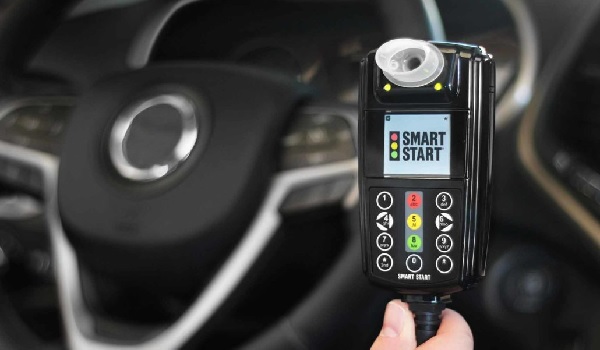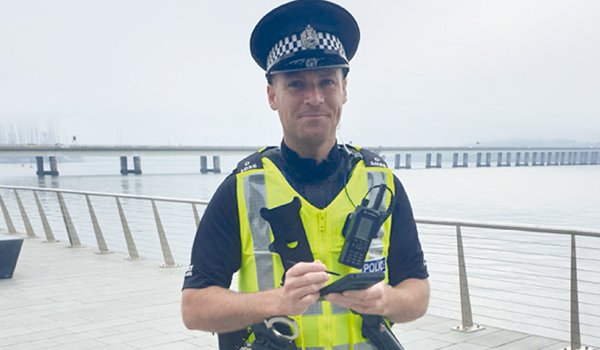Breathalysers fitted to cars to reduce drink driving in ‘innovative’ trial
A pilot scheme introduced by Durham Constabulary will see drivers having to pass a breath test to start their car.
The force has become the first in the UK to fit alcohol interlocks to offenders’ vehicles, which cut the ignition of a vehicle if the driver is over the limit.
They will be offered to those convicted of alcohol offences and individuals with drinking problems.
The devices – which are already used in the USA and Denmark – will also be offered to anyone in the force area who wants one.
If a driver tries to start their car while over the drink-drive limit, the vehicle is immediately immobilised.
However, if they pass the test the car will start, and the driver will be asked to pull over and retake the test at random intervals throughout the journey to ensure they remain sober.
Data is then passed back to monitoring officers in real time, using mobile phone technology through the dashboard.
Lead of the initiative Detective Inspector Andy Crowe said: “This really is an innovative project which is a first for the UK and will hopefully help us identify and deal with potential drink drivers before they even get behind the wheel.
“A number of offenders in our area have a problematic relationship with alcohol and we hope, as part of a wider programme, this will help them address their issues”.
The trial was launched after 285 road accidents in Durham were linked to alcohol in the last three years.
It is part of Durham Constabulary’s Checkpoint programme, which offers offenders a four-month contract to engage as an alternative to prosecution.
The manufacturer of the breathalysers Smart Start has offered to pay for all costs incurred during the trial.
Detective Inspector Andy Crowe added: “By identifying those liable to drink and drive hopefully we can prevent them from making that potentially fatal mistake.
Durham police and crime commissioner Ron Hogg said: “The misuse of alcohol puts a massive strain on our emergency services and the financial burden alone is estimated to be in the region of £11 billion, not to mention the potentially devastating consequences for the families of those killed or injured in road traffic accidents caused by alcohol.
“The UK Government has assessed the evidence from other countries and concluded that alcohol interlocks are effective and cost-effective in reducing reoffending. Yet there is no legislation which would allow police forces in the UK to pilot these devices through the courts.
“Until there is a change in national policy, Durham Constabulary will use these on a voluntary basis for repeat offenders, those who have a history of problems with alcohol or anyone who thinks they would benefit from the system to sign up through the Checkpoint programme”.





